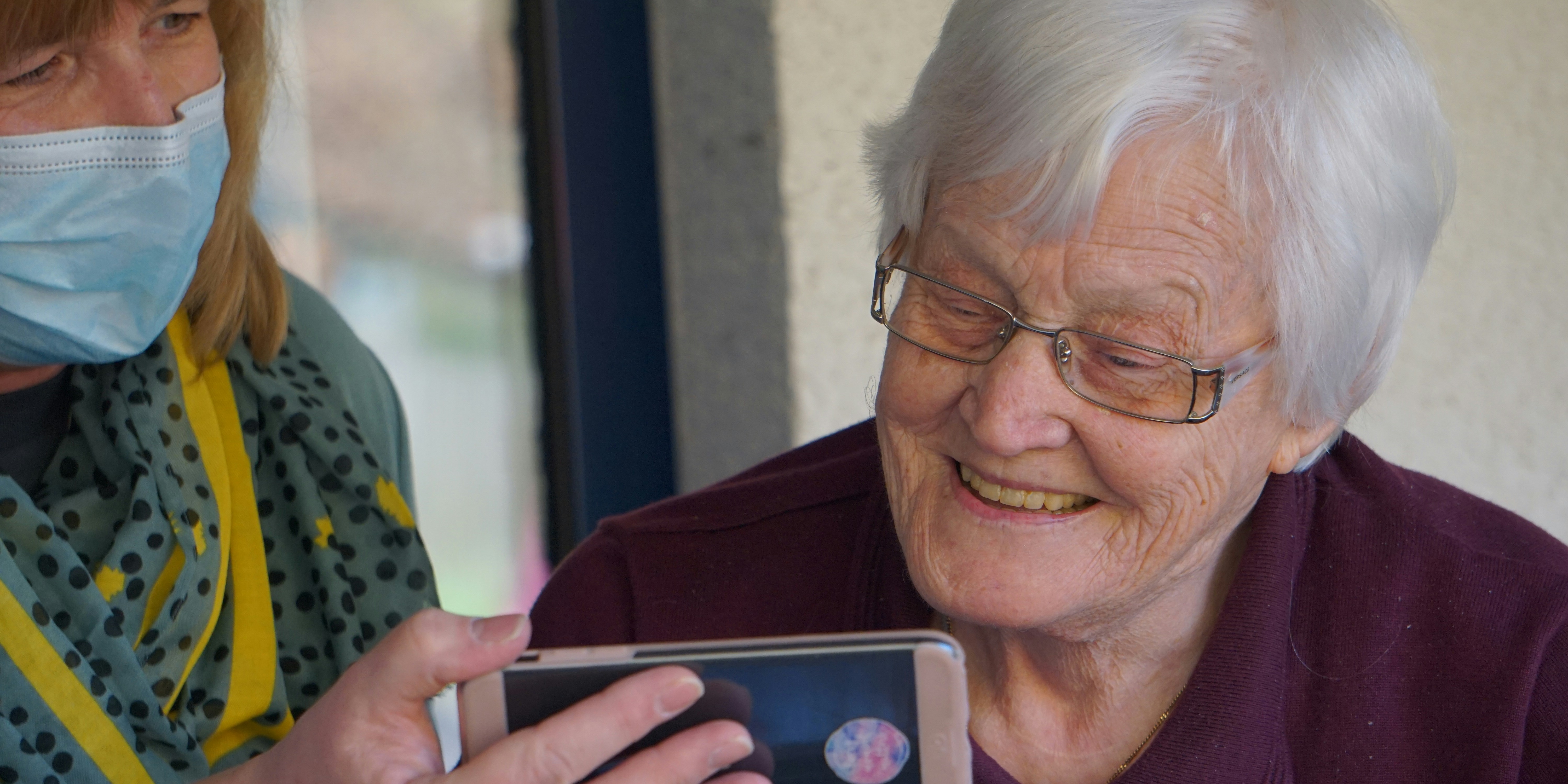Patients around the world have grown comfortable using digital services for a number of every-day issues including healthcare. With a new wave of digital services available offering everything from self-diagnosing tools and pharmaceuticals information to healthcare provider ratings and prescription renewals, how ready are patients to embrace each of these? And if this is the new reality, what can healthcare providers do to help fulfill patients’ needs, utilising the new technology?
A recent Bryter survey conducted across the US and EU, shows that patients are likely to use a number of internet-based services related to health and wellbeing. The vast majority would seek out online information about medications / drugs (83%) and information about conditions / diseases (82%). A majority would also order repeat prescriptions online (77%) as well as use online symptom checkers (70%). Rejection of the services above exists on a very minimal level – less than 4% of patients say they would not use each.
A number of online resources exist, reflecting the widespread appeal of these services. WebMD recorded 179.5 million unique visitors per month in the last quarter of 2016, making it the leading health publisher in the US. PatientsLikeMe, an online network where patients can connect with others who have the same disease or condition and share information and experiences, has over 500,000 members living with 2,700+ conditions. Healthgrades, an online service where patients can rate physicians, hospitals and healthcare providers has amassed information on over 3 million healthcare providers.
In the same Bryter survey, online consultation services were also tested. Around half of all respondents said they would be likely to use an online consultation with a GP (55%), nurse (50%), or pharmacist (46%). Once again rejection levels were very low (5-7% for each).
Some countries are more open to online healthcare services than others. The UK is the most likely to order repeat prescriptions online (88%) followed by Italy (84%) and Spain (82%), while Switzerland is the least likely (66%). Online consultations are most appealing in Italy and Spain, where 76% and 70% respectively would be likely to consult a GP online. This is much higher than Germany (42% would consult a doctor online) and Switzerland (39%).
The likelihood to use online healthcare services does not vary that much by age. On average across all ages, 66% of patients are likely to use any of the services asked, with the highest average being 69% amongst those aged 25-44 and the lowest being 61% amongst those aged 55-64. This is reassuring, indicating that digital health sources can reach all of the system’s core stakeholders.






![MD[x]T in prelaunch claims testing](https://www.bryter-global.com/hubfs/Image%204.jpg)